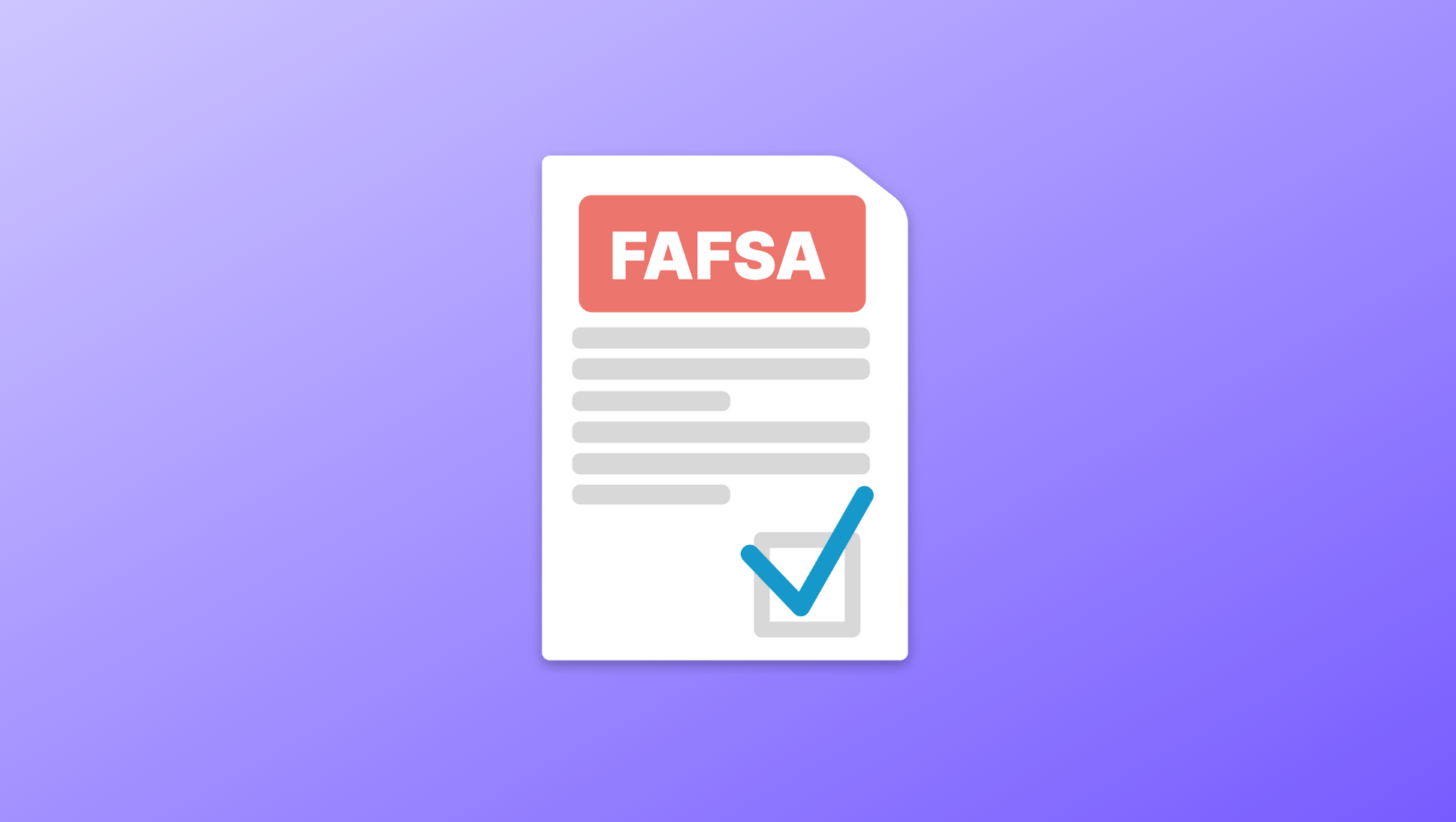5 min read
Why Scoir Isn't Your Typical College Student Recruitment Tool
Did you know that approximately 60% of high schoolers enroll in college? Of those that go to college, only about 60% graduate.
Scoir is free for your students and for you. We also offer Advanced Solutions to help you better guide your students.
Access resources in the areas of test prep, essay support, and financial aid to better navigate every part of the admissions process.
We offer a flat 50% discount for each student who receives free or reduced lunch in your school or district.

Career development (certifications, courses & curriculum) for changemakers.
Our pricing is fair for schools of all sizes, transparent, and rewards those schools expanding access to underserved students.
Check out content and practical guides to help inform your enrollment strategies and programs.
3 min read
 Peter Van Buskirk
:
March 11, 2020
Peter Van Buskirk
:
March 11, 2020

Throughout the month of March, high school seniors will learn the outcome of their college applications ranging from offers of admission to letters informing them of waitlist or denial. It's a high-emotion time for families, mixing excitement with anxiety. Your options are now clear; so, how do you go about evaluating the possibilities in order to choose the college that will best enable you to achieve your goals?
Whether you're a college applicant or that student's parent, this webinar will walk you through strategies for evaluating your enrollment options. While it is important to take time to celebrate your college acceptances, it is absolutely critical that you make time to objectively evaluate your options. Doing so can mean the difference between attending a "good" college, and attending the "best" college for you; between accumulating a reasonable amount of debt, and accumulating an unreasonable amount of debt.
Below, you'll find a high-level overview of the key topics discussed, along with the times that those topics are discussed within the video. We hope this helps you jump to the specific parts of the video that are of interest to you.
If you have additional questions, we encourage you to reach out via our contact form!
|
|
|
|
|
|
|
|
|
|
|
|
|
|
|
|
|
|
|
|

5 min read
Did you know that approximately 60% of high schoolers enroll in college? Of those that go to college, only about 60% graduate.

5 min read
Please note: This article has been updated to reflect the new FAFSA changes. For more information, please refer to What You Need to Know About the...

4 min read
The college search and application process is more confusing and overwhelming than in years past. It’s not realistic to expect your high schooler to...